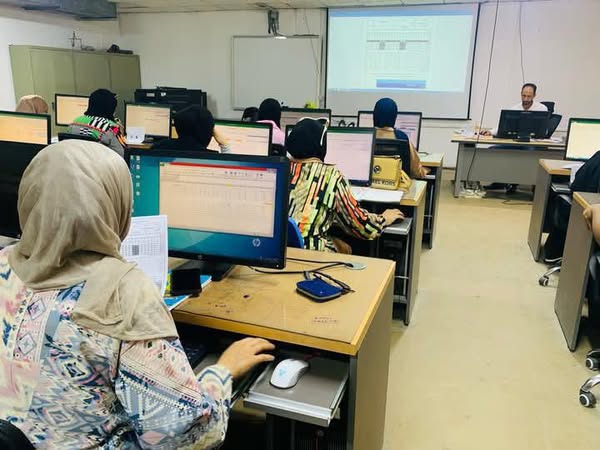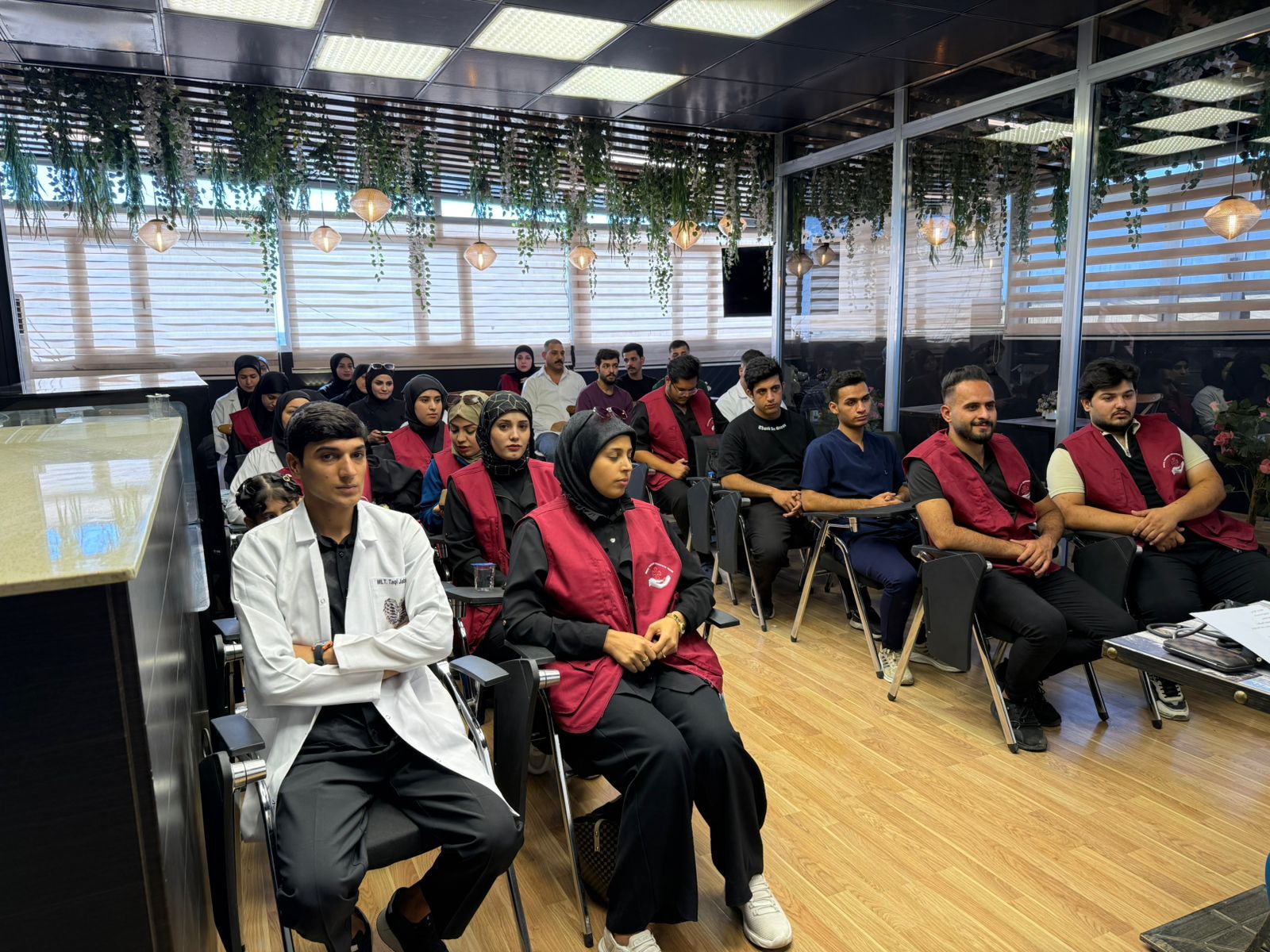Encouraging green practices
TVET is widely recognized as a key driver for achieving a range of Sustainable Development Goals, including poverty alleviation through empowering individuals to work and create jobs for others; increasing productivity and economic growth; promoting social justice, stability, and peace; and raising awareness of environmental issues while encouraging green practices. TVET plays a pivotal role in achieving inclusive, equitable, and sustainable economic growth, youth employment, and enhanced social well-being.
The Tatweer Initiative has the potential to influence long-term labor practices by focusing on occupational and professional standards, developing the skills and knowledge required for sustainable work practices, and introducing new technologies.
Relevance and quality are the two key words used to describe a successful TVET system. Graduates of the Tatweer Initiative must hold relevant qualifications—that is, the appropriate knowledge, skills, and competencies to meet labor market needs. The provision of TVET should be of high quality. Ideally, graduates should be qualified for the required jobs without the need for additional costly and time-consuming in-house training after recruitment in any organization.




